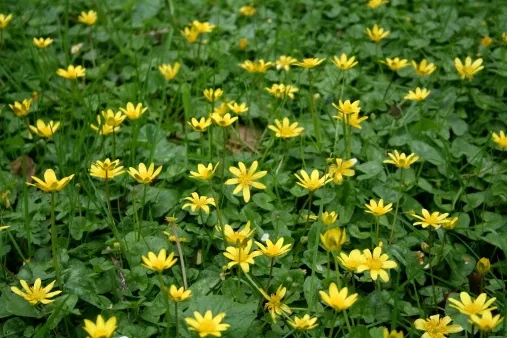The killer spring
This time last year, March was blissful – lots of sunny days and almost no rain nationwide. This year is almost totally different. As the equinox approached (20 March), we’ve had another massive dumping of snow – a real blow to our hopes of spring warmth. We’ve had to order more logs and have used the central heating on more occasions than in December-February combined.
Worse still has been the shock to the system for the natural and farmed world beyond our house. In the two walks I managed over the hills during the Easter holiday, I found the hillsides littered with dead ewes and lambs. These unfortunates were caught in the sudden blizzard and had no chance.
But the most heartbreaking sight was seeing newborn lambs bleating beside dead mothers – doomed to die of starvation. The farmers were obviously aware but the sheer scale of the disaster prevented them from being able to save every member of their flocks. And still there is little spring grass for them to forage on. It's the same across Wales.
It is now the first week of April and the trees are bereft of even the slightest sign of green. On the woodland floor, a handful of tentative lesser celandines are poking through but without any great enthusiasm.

However, there has been sunshine and the natural world is not going to be held back completely by an overhanging winter. Firstly, after spotting a single frog in the pond, my son and I returned a couple of days later to find about 10 clumps of spawn.
We grabbed a small, slimy tuft and put it in a small fishtank to watch the eggs develop. It’s the first time for my boy… he checks every day. Two weeks later and we have a tankful of lively tadpoles – while the eggs in the pond have not yet hatched due to the freezing temperatures.
He also checks to see whether the daffodils he’s unofficially picked have opened – and I love his hoots of joy when he discovers the yellow blooms unfurling the next morning at breakfast.
Over the valley, I’ve spotted buzzards making the most of the rare thermals to perform their aerial courtship ballet. They soar and roll lazily after each other, before one dives sharply, followed by the other; they disappear into the trees only to emerge soaring directly upwards before leveling out.
And on Easter Sunday, the last day of March, I heard the first cheef, cheef, cheef, chiff, chaff, chaff of the chiffchaff – the first African migrant to have made it back to the garden (and the latest I've ever heard one). Brave bird and heartening to hear but temperatures still drop below freezing at night and I wouldn’t blame him for heading back south sharpish.

